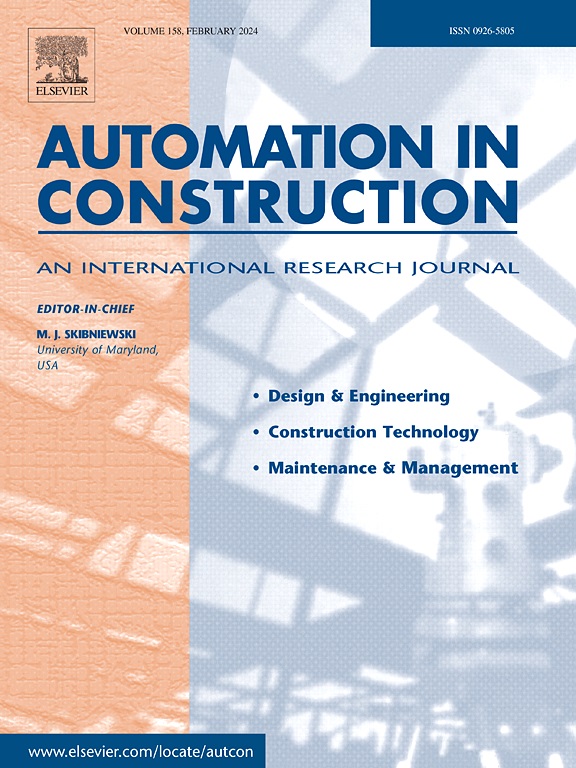建筑能源系统的多目标在线优化,以提高控制的平滑性和效率
IF 11.5
1区 工程技术
Q1 CONSTRUCTION & BUILDING TECHNOLOGY
引用次数: 0
摘要
传统的优化算法由于缺乏控制平滑性,在实际应用中面临着在线优化的挑战,特别是在建筑能源系统中。因此,本文提出了一个多目标的建筑能源系统在线最优控制框架,以实现平稳和节能控制。该框架将连续控制动作之间的距离与能源效率作为协同优化目标,生成一个帕累托前沿来明确映射控制平滑性和成本之间的权衡。然后使用用户可调节的公差水平从Pareto前选择一个解进行在线控制。通过为期四周的数据实验,验证了所提出的框架在制冷机最优负荷问题上的有效性。与实验中最好的基线算法差分进化(DE)相比,该框架在控制平滑性方面取得了显著的增强,在不牺牲能效的情况下,总制冷机开关次数减少了18.9%。本文章由计算机程序翻译,如有差异,请以英文原文为准。
Multi-objective online optimization of building energy systems for improved control smoothness and efficiency
Conventional optimization algorithms face challenges in their practical applications to online optimization due to a lack of control smoothness, particularly for building energy systems. Therefore, this paper proposes a multi-objective framework for online optimal control of building energy systems to achieve both smooth and energy-efficient control. The framework treats the distance between successive control actions as a co-equal optimization objective alongside energy efficiency, generating a Pareto front to explicitly map the trade-off between control smoothness and cost. A user-adjustable tolerance level is then employed to select a solution from the Pareto front for online control. The proposed framework is validated on the optimal chiller loading problem in a four-week data experiment. Compared to the best baseline algorithm in the experiment, differential evolution (DE), the framework achieves significant enhancement in control smoothness, as evidenced by an 18.9 % reduction in the total chiller switching number without sacrificing energy efficiency.
求助全文
通过发布文献求助,成功后即可免费获取论文全文。
去求助
来源期刊

Automation in Construction
工程技术-工程:土木
CiteScore
19.20
自引率
16.50%
发文量
563
审稿时长
8.5 months
期刊介绍:
Automation in Construction is an international journal that focuses on publishing original research papers related to the use of Information Technologies in various aspects of the construction industry. The journal covers topics such as design, engineering, construction technologies, and the maintenance and management of constructed facilities.
The scope of Automation in Construction is extensive and covers all stages of the construction life cycle. This includes initial planning and design, construction of the facility, operation and maintenance, as well as the eventual dismantling and recycling of buildings and engineering structures.
 求助内容:
求助内容: 应助结果提醒方式:
应助结果提醒方式:


